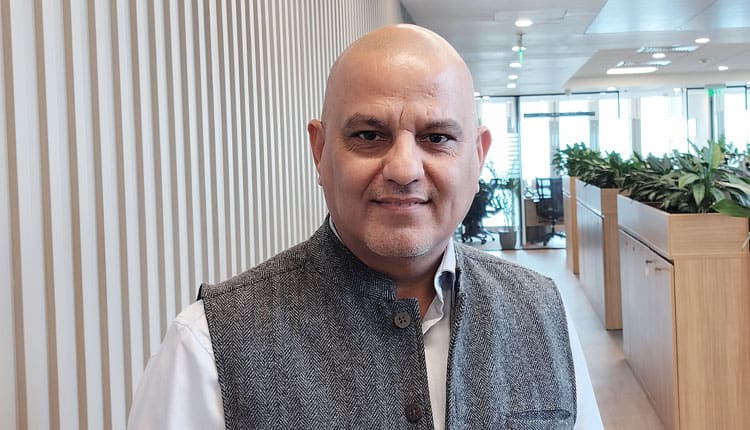Digital transformation is touching every corner of our lives, and senior healthcare is no exception. The real question is no longer if technology can support eldercare, but how we can make it more accessible, intuitive, and inclusive for every older adult — regardless of age, background, or digital literacy.
India today is home to more than 150 million seniors, a figure projected to double by 2050. With longer lifespans and rising chronic conditions, the demand for tech-enabled self-care and remote health management is urgent. But the real opportunity isn’t in simply building digital tools — it’s in building tools that work for seniors.
Meeting Seniors Where They Are
The HelpAge India Report 2025 shows the stark reality: 66% of elders find digital platforms confusing, while 51% fear making mistakes. Many struggle with complex interfaces, hidden features, and constant updates that feel alien to their needs. Age-related challenges — weaker vision, arthritis, memory lapses, or tech anxiety — add yet another barrier.
As a result, seniors often feel left out of today’s digital-first world. If we don’t fix this now, the coming era of AI, automation, and robotics risks becoming even more isolating for older adults. The way forward is clear: co-design with seniors, and build solutions rooted in empathy, simplicity, and dignity.
Seniors Are Willing — With the Right Support
Contrary to stereotypes, seniors are not “anti-tech.” HelpAge India’s 2025 Digital Inclusion Index reports that 42% are keen to learn digital skills and another 28% are open to it. Among those online, over 90% use social media to stay connected with loved ones. The willingness is there — what’s missing are tools that feel approachable and relevant.
Designing for Dignity
Technology for seniors must be framed not as innovation for its own sake, but as a utility designed with compassion. Four principles stand out:
- Simplicity: Clear, uncluttered design with easy navigation.
- Support: Built-in guidance, whether from family, caregivers, or UX prompts.
- Focus: Minimal information per screen to reduce cognitive load.
- Safety: One-tap emergency and security features.
Research shows seniors succeed best with large icons, high-contrast displays, and tasks that can be completed in just 4–5 steps. Multimodal interaction — combining visuals with voice-based input — can further reduce friction.
Bridging India’s Grey Digital Divide
India’s digital divide among elders is layered — not just urban versus rural, but also linguistic, cultural, and emotional. In rural India, only 5% of people over 55 use smartphones, while in cities, barriers persist due to limited literacy or lack of training.
Language exclusion is another challenge — many elders struggle with English, yet most digital platforms remain English-first. To truly include, vernacular-first design must be the norm, not an afterthought.
Emotional barriers also weigh heavily: 44% of seniors feel embarrassed asking for help, while 24% fear breaking the device. Here, intergenerational empathy matters. Family-led learning, compassionate coaching, and community programs can transform fear into confidence. Local digital literacy hubs and Wi-Fi centers, backed by policy support and partnerships, can make inclusion scalable.
The Real Test of Progress
As India’s elderly population approaches 346 million by 2050, the measure of our digital maturity won’t just be faster networks or smarter AI — it will be how gracefully we support our seniors.
Building tech for eldercare isn’t just about inclusion. It’s about respect, dignity, and ensuring that ageing in a digital world means empowerment, not exclusion.
When we design with empathy, accessibility, and ease at the core, we don’t just bridge the digital divide — we redefine what it means to age with dignity.






